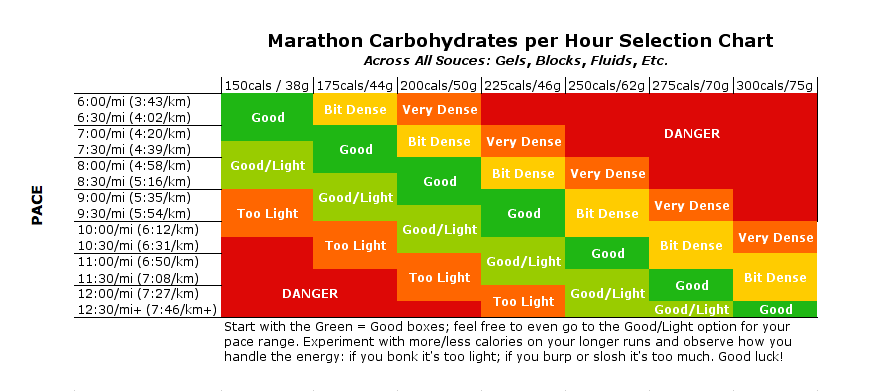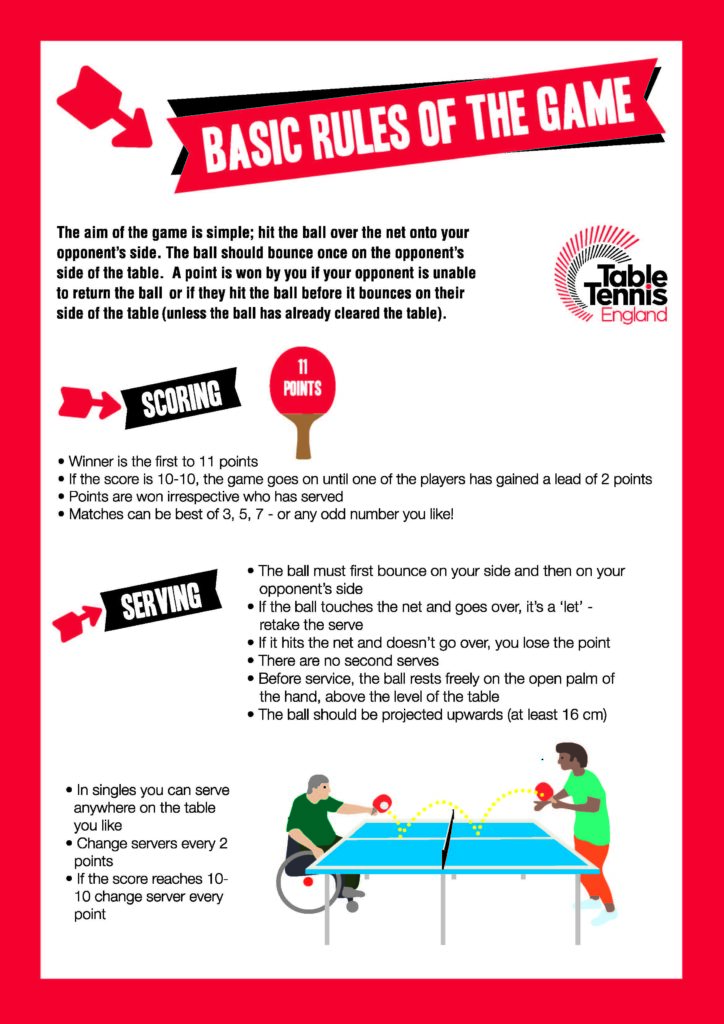
The Ultimate Marathon Nutrition Plan: Fueling Your Body for 26.2 Miles
Running a marathon is a monumental achievement, demanding months of rigorous training, unwavering dedication, and meticulous planning. While training is paramount, your nutrition plays an equally crucial role in determining your success. A well-structured marathon nutrition plan is not just about eating enough; it’s about fueling your body with the right nutrients at the right time to optimize performance, prevent injury, and ensure you cross the finish line feeling strong.
This comprehensive guide delves into the intricacies of marathon nutrition, providing a detailed plan encompassing the weeks leading up to the race, race-day strategies, and post-race recovery. Remember to consult with a registered dietitian or sports nutritionist to personalize this plan based on your individual needs, training volume, and body composition.
Phase 1: The Months Leading Up to the Marathon (Training Phase)
This phase is all about building a solid nutritional foundation to support your intense training. Consistency is key. Your diet should be rich in complex carbohydrates, lean proteins, and healthy fats. Here’s a breakdown:
-
Carbohydrates (50-60% of total calories): These are your primary energy source. Focus on complex carbohydrates like whole grains (brown rice, quinoa, oats), fruits, vegetables, and legumes. These provide sustained energy release, preventing energy crashes during long runs. Avoid refined carbohydrates like white bread, pastries, and sugary drinks, which cause spikes and crashes in blood sugar.
-
Protein (15-20% of total calories): Essential for muscle repair and growth, crucial for recovering from intense training sessions. Include lean protein sources like chicken breast, fish, turkey, beans, lentils, and tofu. Aim for roughly 1.2-1.6 grams of protein per kilogram of body weight daily.
-
Fats (25-30% of total calories): Provide sustained energy and crucial for hormone production. Choose healthy fats like avocados, nuts, seeds, olive oil, and fatty fish. These are also important for nutrient absorption.
-
Hydration: Hydration is paramount throughout your training. Drink water consistently throughout the day, especially before, during, and after your runs. Consider adding electrolytes, especially during longer runs, to replenish minerals lost through sweat.
-
Micronutrients: Don’t neglect vitamins and minerals. These play vital roles in energy production, immune function, and overall health. Consume a variety of colorful fruits and vegetables to ensure adequate intake.
-
Carb Loading (3-4 days before the race): Gradually increase your carbohydrate intake in the days leading up to the race. This process, known as carbohydrate loading or glycogen supercompensation, maximizes glycogen stores in your muscles and liver, providing readily available energy during the marathon. This should be a gradual increase, not a sudden binge.
Phase 2: Race Week Nutrition
The week leading up to the race requires a strategic approach to nutrition. The focus shifts towards maintaining hydration, optimizing glycogen stores, and avoiding any digestive upsets.
-
Monday-Wednesday: Continue your regular training nutrition plan, focusing on complex carbohydrates, lean proteins, and healthy fats.
-
Thursday: Slightly reduce your training volume and start increasing your carbohydrate intake. Ensure you’re consuming plenty of easily digestible foods.
-
Friday: Further increase carbohydrate intake, focusing on easily digestible sources like white rice, pasta, potatoes, and bananas. Avoid trying new foods or supplements.
-
Saturday (Race Eve): Maintain a high carbohydrate intake, but consume smaller, more frequent meals to avoid digestive discomfort. Ensure you’re well-hydrated. Have a light dinner, easy to digest, several hours before bedtime.
-
Sunday (Race Day): This is the most critical day for nutrition. Your pre-race meal should be light, easily digestible, and provide readily available energy. Avoid high-fiber foods that might cause digestive issues. A good option could be toast with a thin layer of jam or honey, or a small bowl of oatmeal with fruit. Consume this 2-3 hours before the start.
Phase 3: Race Day Nutrition and Hydration
Race-day nutrition is about providing consistent energy throughout the 26.2 miles. This is crucial for maintaining pace and preventing "hitting the wall."
-
Pre-Race (2-3 hours before): A light, easily digestible meal or snack is crucial. Avoid high-fat or high-fiber foods.
-
During the Race: Fueling during the marathon is critical. You’ll need to consume carbohydrates and electrolytes regularly to maintain energy levels and prevent dehydration. Consider using energy gels, chews, or sports drinks at regular intervals (every 30-45 minutes). Experiment with these during your training runs to find what works best for you. Water is equally important; sip regularly throughout the race.
-
Post-Race: Replenishing your glycogen stores and fluids is essential after the marathon. Consume a mix of carbohydrates and protein within 30-60 minutes of finishing the race. This could include a recovery shake, a banana with peanut butter, or a sports drink. Continue to hydrate throughout the day.
Important Considerations:
-
Individual Needs: This is a general guideline. Your specific nutritional needs will depend on factors like your body weight, training intensity, and individual metabolism.
-
Trial and Error: Experiment with different foods and fueling strategies during your training runs to identify what works best for your body. Avoid trying new things on race day.
-
Listen to Your Body: Pay attention to your body’s signals. If you feel any digestive discomfort, adjust your fueling strategy accordingly.
-
Electrolytes: Replenishing electrolytes lost through sweat is crucial, especially in hot and humid conditions. Consider electrolyte drinks or supplements.
-
Hydration: Dehydration can significantly impair performance. Drink plenty of water throughout your training and on race day.
-
Supplements: While supplements can be helpful, they should not replace a balanced diet. Consult a registered dietitian or sports nutritionist before taking any supplements.
Sample Weekly Meal Plan (Training Phase):
This is a sample meal plan and should be adjusted to your individual calorie needs and preferences.
-
Monday:
- Breakfast: Oatmeal with berries and nuts
- Lunch: Chicken salad sandwich on whole-wheat bread with a side salad
- Dinner: Baked salmon with roasted vegetables and quinoa
-
Tuesday:
- Breakfast: Greek yogurt with fruit and granola
- Lunch: Leftover salmon and quinoa
- Dinner: Lentil soup with whole-wheat bread
-
Wednesday:
- Breakfast: Scrambled eggs with whole-wheat toast and avocado
- Lunch: Turkey breast and vegetable wrap
- Dinner: Chicken stir-fry with brown rice
-
Thursday:
- Breakfast: Smoothie with fruit, spinach, and protein powder
- Lunch: Leftover chicken stir-fry
- Dinner: Pasta with tomato sauce and lean ground turkey
-
Friday:
- Breakfast: Pancakes (whole wheat) with fruit
- Lunch: Tuna salad sandwich on whole-wheat bread
- Dinner: Pizza with whole-wheat crust and plenty of vegetables
-
Saturday:
- Breakfast: Waffles (whole wheat) with fruit and syrup
- Lunch: Leftover pizza
- Dinner: Chicken breast with sweet potato and green beans
-
Sunday:
- Breakfast: French toast (whole wheat) with fruit
- Lunch: Salad with grilled chicken or fish
- Dinner: Roast chicken with roasted potatoes and carrots
Remember, consistent training and a well-structured nutrition plan are the cornerstones of marathon success. By diligently following a plan tailored to your individual needs, you’ll maximize your energy levels, minimize the risk of injury, and increase your chances of achieving your marathon goals. Good luck!



